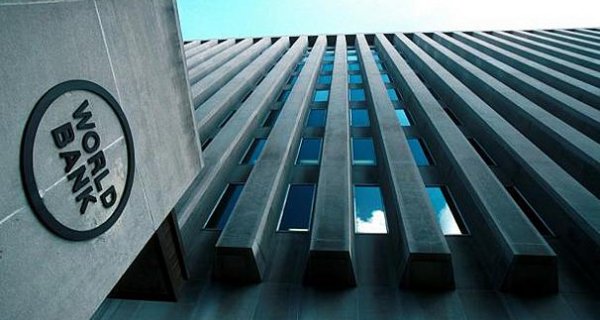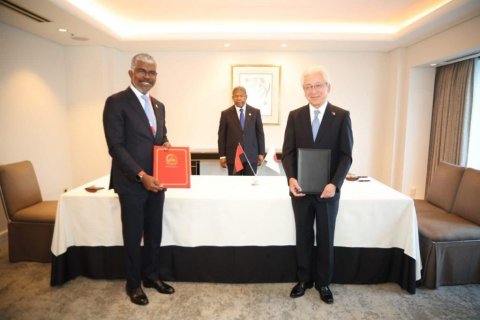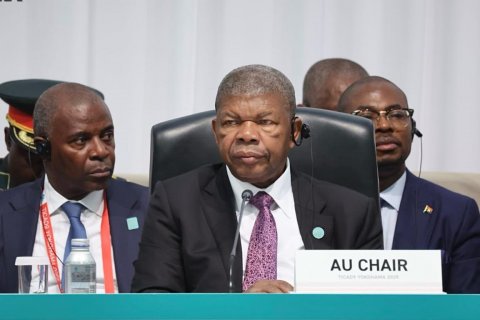"Production in sub-Saharan Africa grew by an estimated 3.5 percent in 2021, fueled by a recovery in raw material prices and an easing of restrictions" in the context of the covid-19 pandemic, reads the Global Economic Outlook. , released in Washington.
However, the World Bank warns that "the recovery remains fragile and insufficient to reverse the increase in poverty due to the impact of the pandemic, and the threat of recurrent outbreaks of covid-19 continues", which makes the growth forecast to be almost a percentage point below the estimate for 2019 and 2020.
In the report, the World Bank says that the three largest economies in the region (Nigeria, South Africa and Angola) are expected to have grown by 3.1 percent last year, which reflects an improvement on previous estimates, and points out that the growth of Angola and Nigeria were supported by the recovery in the non-oil sector, "with oil production in the region continuing to remain below pre-pandemic levels due to disruptions in maintenance work and the decline in investments in extractive industries".
The pandemic, they add, "has reversed progress on poverty reduction and on several flagship development goals across the region, undoing more than a decade of gains in per capita income in some countries."
In Angola, Nigeria and South Africa, among others, per capita income "is expected to remain lower in 2022 than it was a decade ago", economists warn.
Among the main risks identified in the report, the World Bank highlights poverty, food insecurity, rising food prices and geopolitical tensions, which "can affect consumer sentiment and slow growth".
In particular, the World Bank points out that "a substantial moderation in world growth could trigger a significant downward correction in raw material prices, harming the region's oil and metals producers".
Among the risks identified, the World Bank points out that countries facing difficulties in debt sustainability may have more difficulty in accessing international financing, which would motivate abrupt budgetary adjustments.
Low vaccination rates also pose the threat of "recurrent and more severe outbreaks", and the institution further warns that "the protracted pandemic could amplify past developments and health challenges, derail structural and budgetary reforms, and result in lasting human capital".
World Bank sees Africa growing 3.6 percent this year
The World Bank expects sub-Saharan African economies to grow 3.6 percent this year and accelerate to 3.8 percent in 2023, after recovering from the 2020 slump and growing 3.5 percent last year.







